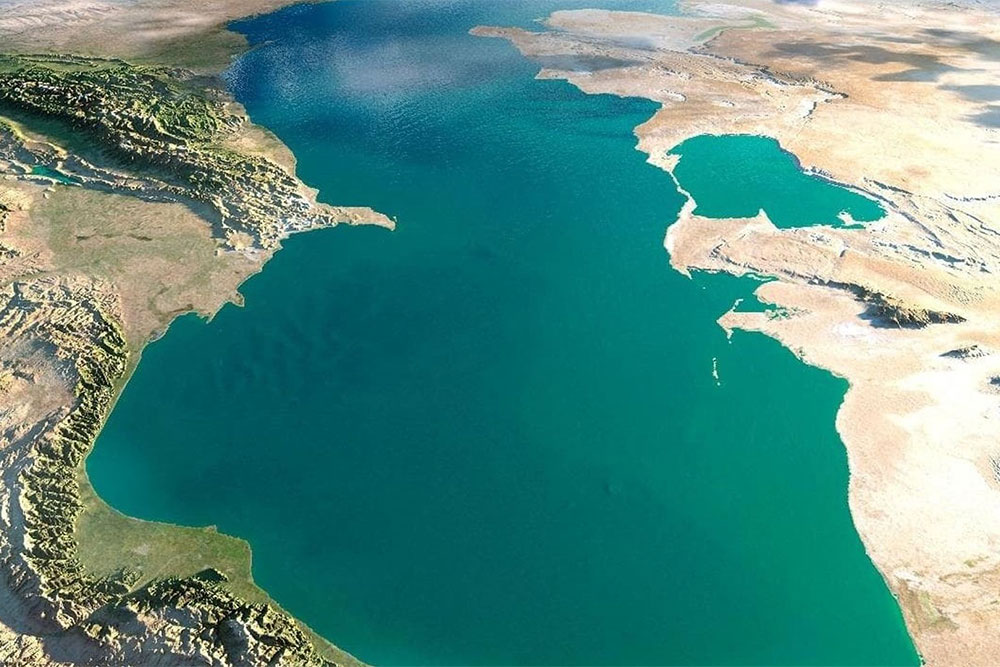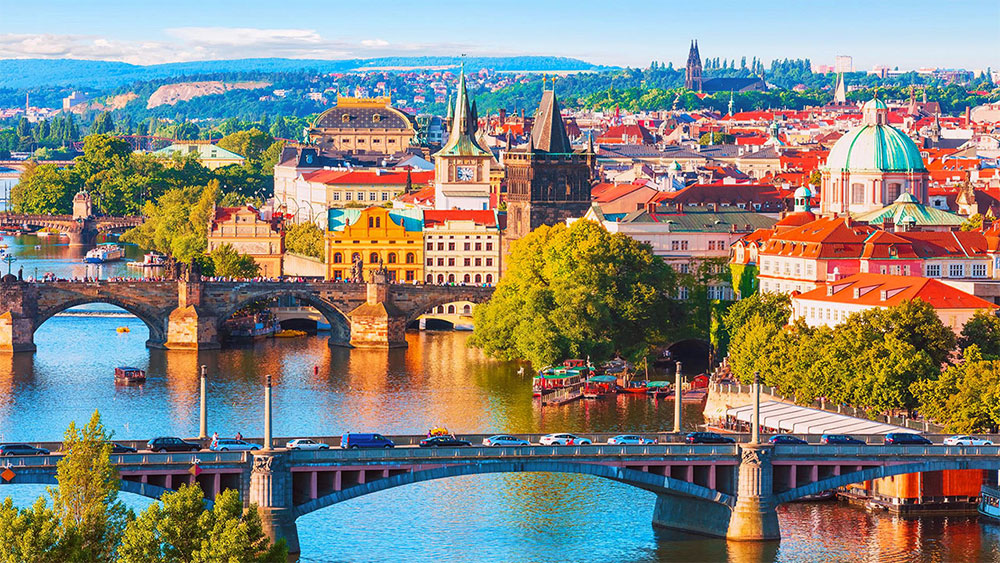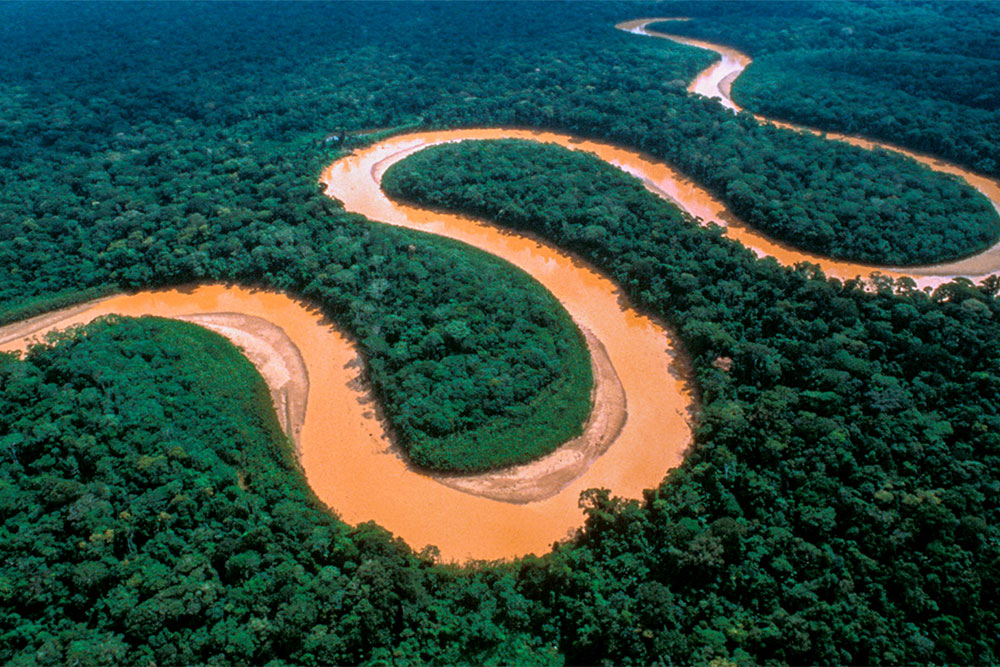Lakes are one of the most impressive natural phenomena on our planet. They are expanses of water surrounded by land and have their own unique characteristics and beauty. In this article we will look at some of the largest lakes in the world, which are impressive in size and importance.
- The Caspian Sea, located between Europe and Asia, is the largest lake on the planet. It has an area of about 371,000 square kilometers and a depth of up to 1,025 meters. The Caspian Sea is of significant importance to the region, providing fisheries and transport routes. It is also known for its unique ecosystems and natural reserves.
- Lake Superior, also known as Lake Superior, is located on the border of the United States and Canada and is the largest freshwater lake in the world. It has an area of about 82,000 square kilometers and a depth of up to 406 meters. Lake Superior is known for its majestic beauty, sandy beaches and stunning landscapes. It also plays an important role in the ecological wealth of the region and provides unique living conditions fish and other aquatic species.
- Located in East Africa and stretching across several countries including Uganda, Tanzania and Kenya, Lake Victoria is Africa’s largest lake. Its area is approximately 68,800 square kilometers and its depth reaches 84 meters. Lake Victoria is known for its diverse ecosystems, including unique fish species such as Nile perch.
- Lake Michigan, one of the five Great Lakes in North America, covers an area of approximately 58,000 square kilometers. It is located on the border of the United States and Canada and is the largest freshwater lake in the United States. Lake Michigan is famous for its stunning sandy beaches, blue waters and spectacular views. It also plays an important role in transport and commercial operations, supporting shipping and fishing.
- Lake Tanganyika is located in East Africa and is the deepest lake in the world. It has an area of about 32,900 square kilometers and a depth of up to 1,470 meters. Lake Tanganyika is a unique ecosystem with a rich diversity of fish species, including perch and catfish. It also serves as a source of fresh water for local communities and is a popular destination for tourists who enjoy its crystal clear waters and stunning scenery.
- Lake Baikal, located in Russia, is the deepest and oldest lake in the world. It has an area of about 31,500 square kilometers and a depth of up to 1,642 meters. Baikal is also the largest freshwater reservoir on the planet, containing about 20% of all freshwater on Earth. Lake Baikal is known for its clean and clear waters, unique ecosystems and many endemic species of plants and animals.
Each of these lakes has its own uniqueness and significance in the natural world. They offer amazing opportunities to relax, explore and enjoy beautiful scenery. A visit to these large lakes will allow you to appreciate the grandeur and diversity of nature, enjoy the tranquil views and feel connected to the power and beauty of the waters. The world’s great lakes are not only stunning natural attractions, but also important ecosystems that support many living creatures and play a significant role in the economy and culture of the regions in which they are found. They remind us of the greatness and vulnerability of our planet and the need to take care of the environment. A trip to these lakes is a unique opportunity to immerse yourself in the beautiful world of nature and admire its splendor.




